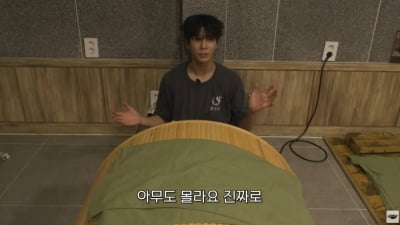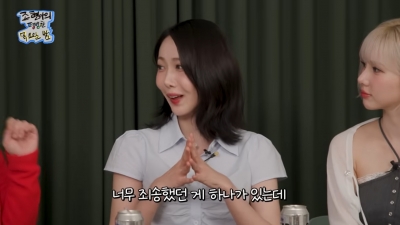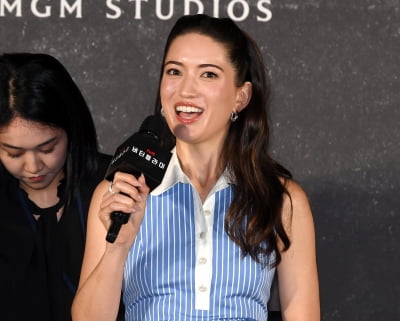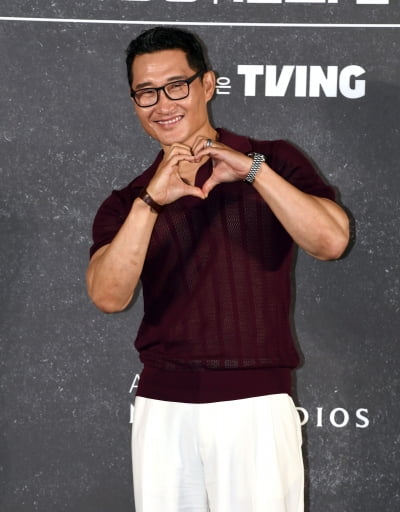TV
It's not like we're picking the 'strongest profanity artist', but 'Physical 100' uses serious profanity
《Kim Ji-won's KakaoTalk》
'Physical: 100' aims to determine the 'strongest physical' regardless of age, nationality, or gender.
Intense physical fight + tense confrontation with abusive language
'I frown at unnecessary profanity'
'Physical: 100' aims to determine the 'strongest physical' regardless of age, nationality, or gender.
Intense physical fight + tense confrontation with abusive language
'I frown at unnecessary profanity'
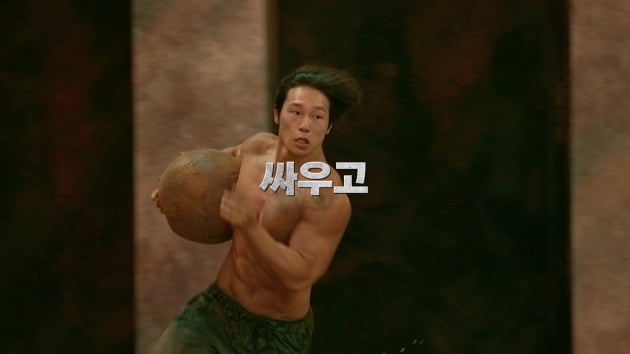
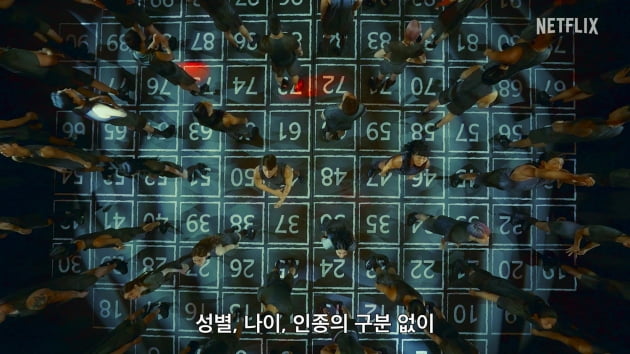
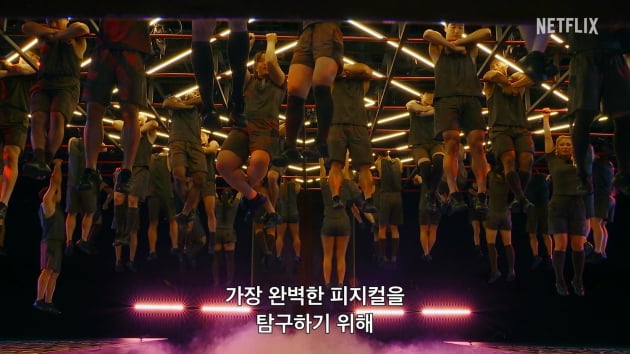
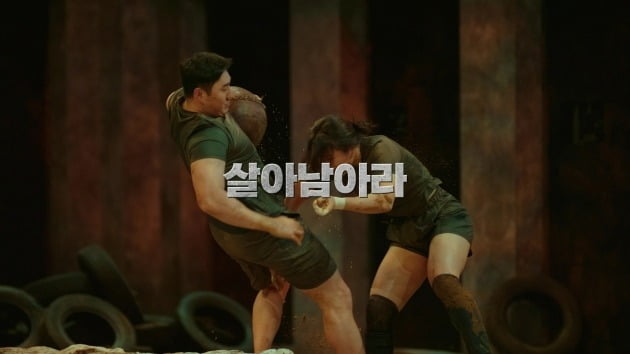
‘Today’s story that is open and harsh’. Reporter Kim Ji-won of Ten Asia harshly criticizes entertainment and broadcasting industry issues from a difficult perspective.
Because the physical fight was so intense, there seemed to be no time to filter the words coming out of their mouths. The words of the participants of Netflix's 'Physical: 100', who gathered to determine the 'strongest physical', are full of swearing and profanity. The production team, who should have adjusted the level in the middle, failed to do their job.
'Physical: 100' is a survival game entertainment show in which 100 people who pride themselves on being the strongest physically compete to find the best 'body' with the strongest physical strength. Participants from various occupations, including former and current national representatives, martial arts players, bodybuilders, police officers, firefighters, and prison guards, will compete. Celebrities such as martial arts athlete Choo Seong-hoon, national skeleton representative Yoon Seong-bin, and national artistic gymnastics representative Yang Hak-seon also participated.
'Physical: 100' is particularly characterized by the fact that it does not distinguish between men and women and only determines the 'strongest physical' through competition. Accordingly, it is not uncommon to see sexual competition between men and women. One of them was a one-on-one death match between male martial artist Park Hyeong-geun and female bodybuilder Chun-ri in episode 4. The winner of the one-on-one death match was determined by who had the ball at the end of the three-minute struggle.
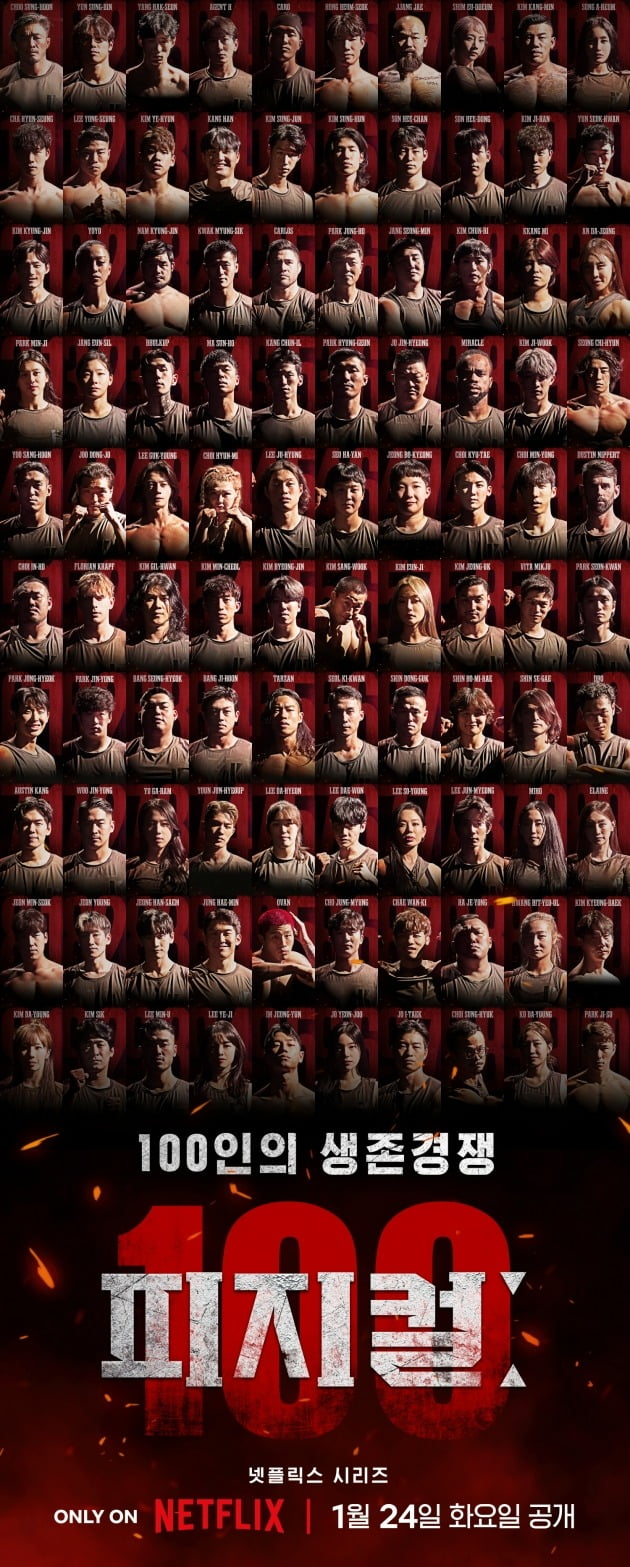
As Chun-Li said, 'Physical: 100' does not compete based on age, nationality, gender, or weight class. Therefore, the argument that there should be differences between men and women undermines equity and fairness. The games of ‘Physical: 100’ cannot be won just by being strong. It consists of games that can test a variety of abilities, including strength, muscular endurance, flexibility, agility, and cooperation.
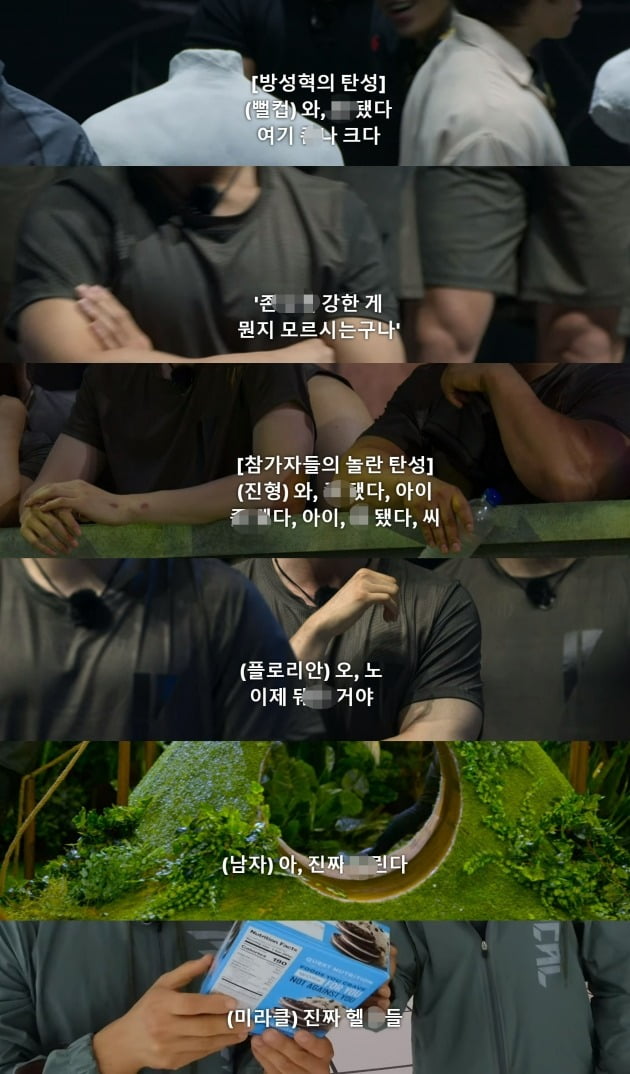
One participant also said, ‘Hell Chang.’ Hellchang has recently been used to refer to fitness enthusiasts, but if you look at the origins of this word, it is never appropriate to be mentioned publicly. This is because it is a new word that combines the terms “health” and “pad lip”.
As intense competition takes place, profanity and profanity may arise among participants without their knowledge. However, it is up to the production team to filter this. Even if it was intended to enhance the sense of realism, there is a lot of profanity at a level that is embarrassing for a 12-year-old audience.
‘Physical: 100’ was produced by MBC together with the production company Louis Works Media. They ‘boldly’ presented ‘challenges’ and ‘swear words’ that would not be possible on terrestrial broadcasters.
What is attractive about 'Physical: 100' is its new concept and intuitive structure, rather than the obvious variety or observational entertainment. Although the fun of 'raw' is refreshing, even 'raw' words and actions are not pleasant. It is a program that determines the ‘strongest physical ability’, not a program that determines the ‘strongest profanity artist.’
Kim Ji-won, Ten Asia reporter bella@tenasia.co.kr
